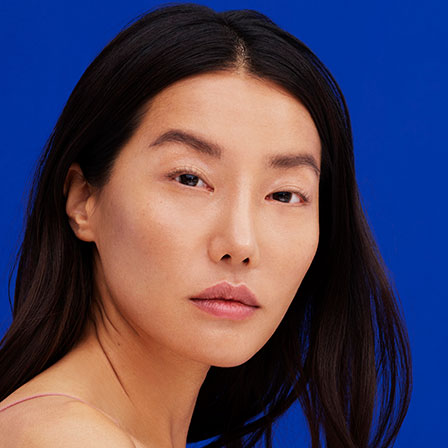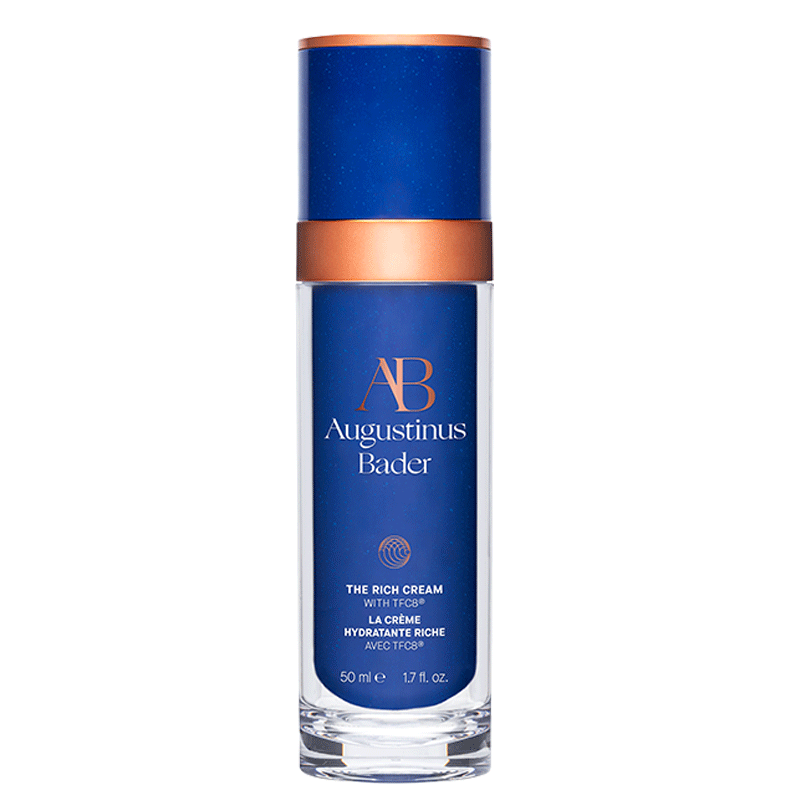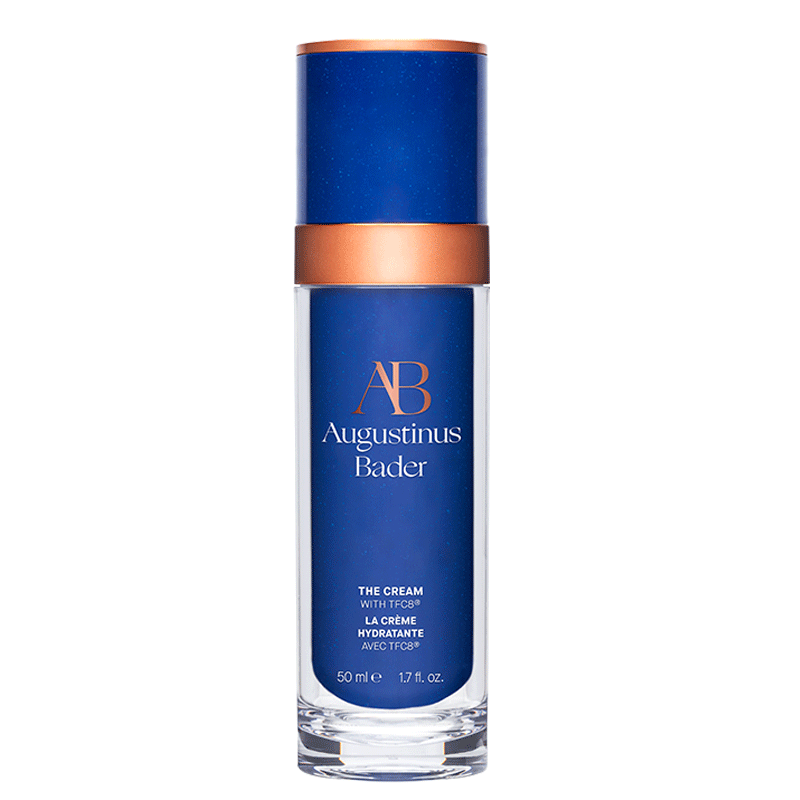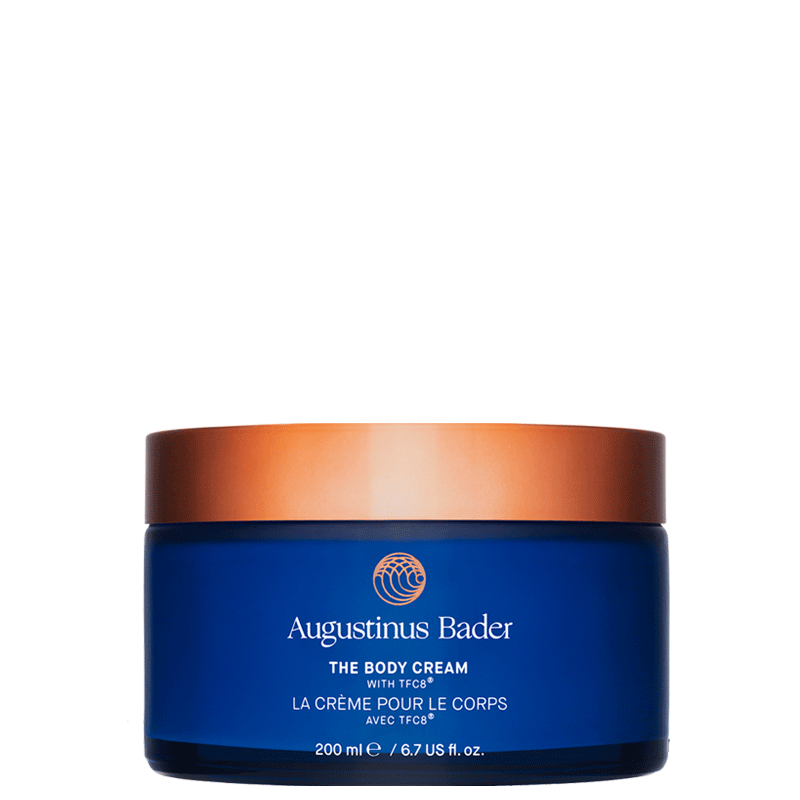Augustinus Bader Contributor and award-winning medical and cosmetic doctor, Dr. Ewoma, takes over the Bader Journal each week to answer some of your most commonly asked questions on application, ingredients, and skin concerns. This week, Dr. Ewoma uncovers the truths around acne and what can be done to help manage it.
Acne: common myths and causes
Acne is a hugely common skin concern and why it occurs is the question I’m asked most frequently. As well as being painful and inflamed, it can also have a massive impact on our confidence. Fortunately, identifying the most likely cause of your acne and implementing good skincare routines, as well as healthy lifestyle changes to nourish our skin and wellbeing, can have a transformative effect on our complexion.
What is Acne?
So to offer a blanket definition of acne; it is a common skin condition in which the sebaceous glands get clogged with dead skin cells and bacteria causing pimples and cysts.
Teenage Acne:
Teenage acne is extremely common; puberty causes lots of hormonal changes which play a big role in breakouts. To break it down simply, the pores in your skin contain oil glands and once you hit puberty there is an increase in your androgens (sex hormones). The excess hormones cause the oil glands to become overactive, enlarge and produce too much sebum. The sebum then causes pores or hair follicles to become blocked with skin cells.

Adult Acne:
Adult acne also comes about because of an excess production of oil in our skin. Adult acne is persistent acne that continues throughout adolescence into adulthood or sometimes starts from adulthood. It’s far more common in women than in men and as I mentioned above, is one of the most common skin conditions I see in the clinic.
Four key things need to happen in order for adult acne to occur. Firstly you need an over secretion of oil. Secondly - and this is most common in oily complexions - the skin cells within the pores stick together which leads to clogged pores. An imbalance of good and bad bacteria on the skin surface and an overgrowth of P acnes and inflammation also contribute to the production of acne.
Adult acne typically tends to affect the cheeks, the jawline and the back and is hugely affected by your menstrual cycle. Breakouts will tend to occur from the point of ovulation which is halfway through your cycle and then around the time you are on your period. Another common driver of adult acne is stress; cortisol is our body's stress hormone and studies have shown a link between excessive cortisol and inflamed skin. Finally watch out for potentially triggering cosmetics or skincare, occlusive or thick heavily perfumed textures are likely to trigger or at least exacerbate inflammation and breakouts.
Luckily for us, there are many ways in which we can treat acne, internally and externally. Look to make subtle lifestyle changes such as avoiding extremely sugary or over processed foods and pay close attention to potentially triggering ingredients.
There’s a common misconception that acne complexions should be treated with harsh, stripping and alcohol-based formulas but this can actually exacerbate the problem. Instead, implementing lots of nourishing and hydrating products into your skincare routine is essential. Begin your routine with Augustinus Bader’s The Cream Cleansing Gel; it’s a super lightweight and silky gel cleanser that efficiently removes any dirt or grime, and leaves your skin feeling moisturised. Follow up with The Essence, it’s packed with gentle actives like Gluconolactone and breakout-busting powerhouse Salicylic Acid to unclog pores and Phytic Acid to gently exfoliate and boost cell turnover. Definitely don’t skip moisturising; The Cream is deeply nourishing and contains a potent dose of actives like Vitamin C and Retinyl Palmitate to brighten and clear the skin, as well as facilitating the recovery of any post breakout redness.
Watch more from Dr. Ewoma on this topic on IGTV or, leave your question for Dr. Ewoma in the comments.




